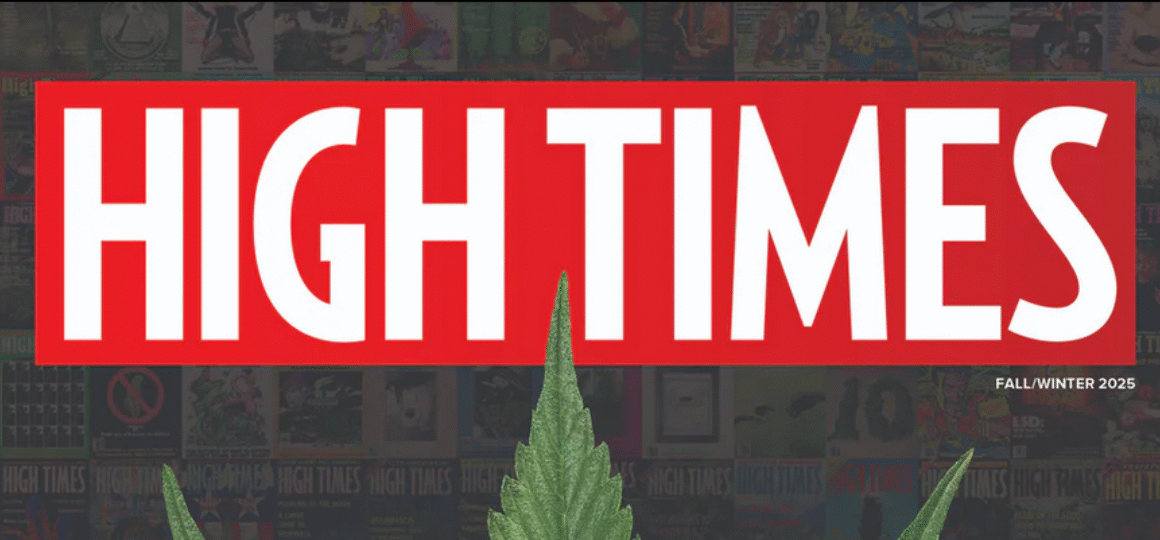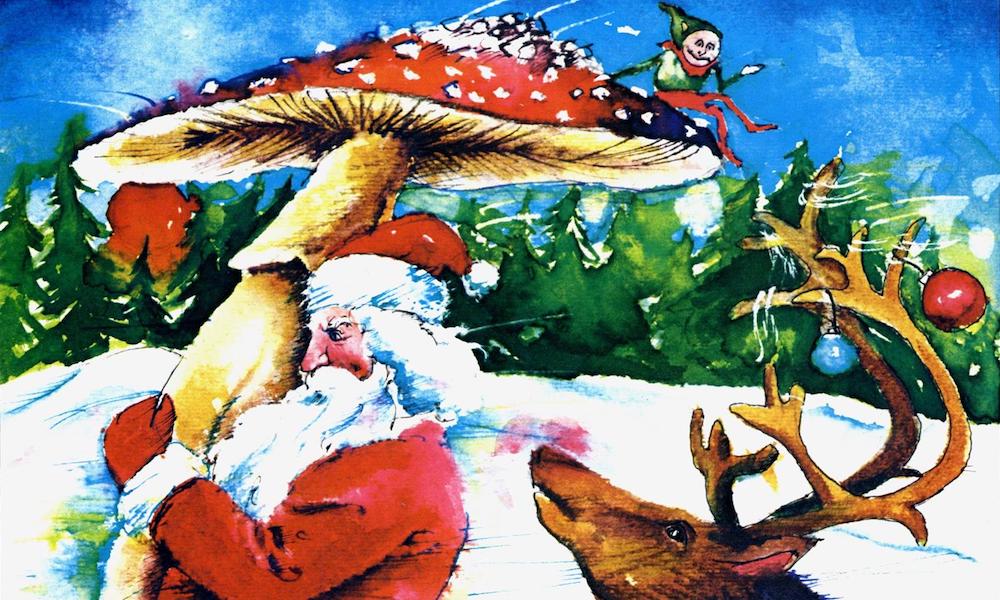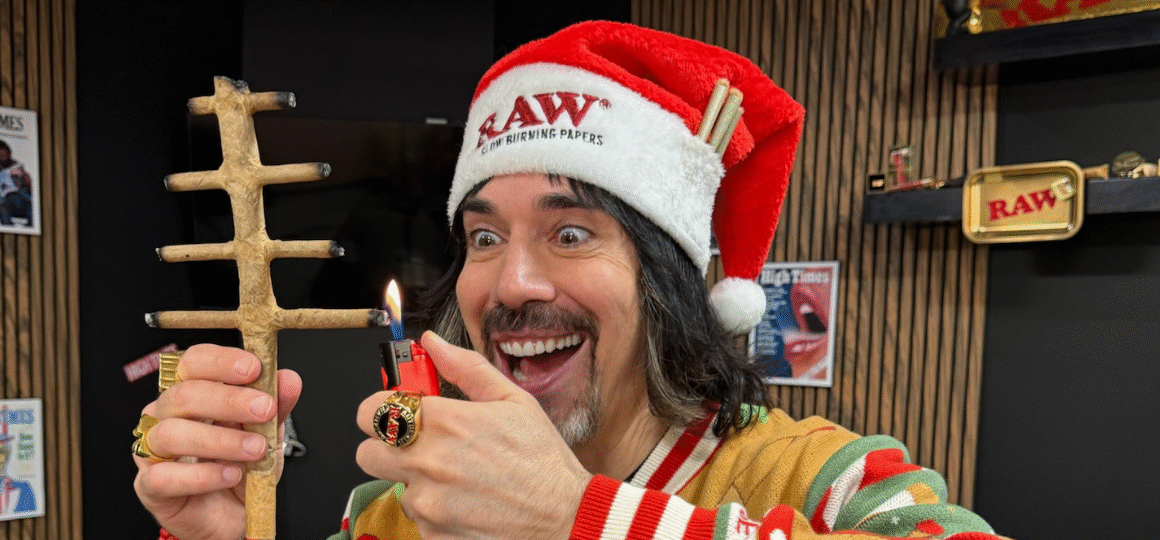We got high, legally, because we have medical cards, and walked into the Movistar Arena in Buenos Aires. Thirteen thousand people. Sold out. Phones locked away. The place, humming with expectation.
When the lights went down, the room erupted. Full body laughter. The kind you feel in your ribs.
Somewhere between the lights and the first joke, we looked at each other and thought the same thing:
This is a better Spanish lesson than any app.
Not because anyone’s memorizing vocabulary. Being high tends to strip away the urge to overthink and makes you listen. And that is the whole trick.
Lucho Mellera, the comedian onstage, is a master of crowdwork: Argentine, viral, and currently on a global run that includes U.S. dates in 2026. He spends large stretches of the show off the script. He hunts for moments. He talks to strangers in the front row and builds entire bits from single details. Every night is different. Every clip becomes content. Every audience member becomes part of the material.
It is immersion, performed live. You do not translate. You keep up.
The weed plus comedy language hack
There is a practical chemistry to what happened in that arena.
Cannabis lowers social anxiety. Laughter spikes dopamine and sharpens associative thinking. Language is pattern recognition. Put those elements together and you get a potent learning environment.
Apps teach words in isolation. A comedian and a crowd teach context, cadence, timing and slang. He shapes material on the fly — adjusting speed, using gestures and tone so meaning becomes clear — and the arena functions like a live tutor. Language learning by osmosis. Zero shame. Zero perfectionism.
Comedy as cultural access
This moment matters beyond one show. In a recent piece, I argued that Bad Bunny’s Super Bowl headline is one sign that America is becoming bilingual, weed-friendly and Latin at its roots. That larger shift is what turns an arena in Buenos Aires into a lesson plan for anyone willing to absorb culture rather than memorize grammar.
When Bad Bunny joked that Americans had months to learn Spanish, it was half provocation, half blueprint. Whether it is a reggaetón stadium or a stand-up arena, the lesson is the same: Spanish is not arriving. Spanish is already the soundtrack.
Crowdwork as content strategy
Lucho’s rise is also a lesson in modern content craft. He records shows, pulls improvised moments, captions them and uploads them. Because the jokes come from interaction, posting clips while on tour does not spoil the live product. Fans get fresh bites every week. New viewers discover the language, the slang and the energy, then they show up. As he told me in a prior interview:
“I make a living off of people who come to shows… YouTube is the window. The stage is the real thing.”
Clips are discovery. The theater is the economy.
Spanish without shame
Learning a language is mostly embarrassment management. Weed lowers the barrier. Comedy erases the pretense. You mishear a word. You laugh. You keep listening. You do not freeze. You do not self-correct into silence. You move with the rhythm.
If Duolingo is a classroom, this is a study-abroad weekend compressed into an hour and a half of gut laughs. Context teaches what flashcards cannot: cadence, attitude, the tiny inflections that make a phrase belong to you.
The practical takeaway for 2026
If you are in the U.S. and want Spanish that sticks, with no flashcards and no shame:
- Watch the crowdwork clips on YouTube or Instagram.
- Let context teach you slang and timing.
- When he announces U.S. dates in 2026, go see the show in person.
No homework. No quizzes. Just laughter, immersion and real speech.
There are two kinds of language learners in America: people who open an app, and people who walk into live culture. Only one group is having fun.
Follow and find dates
Follow Lucho on Instagram to track U.S. tour dates. See my earlier profile and Q&A with Lucho on Forbes. Roll responsibly. Bring an open mind. Leave Duolingo at home.





